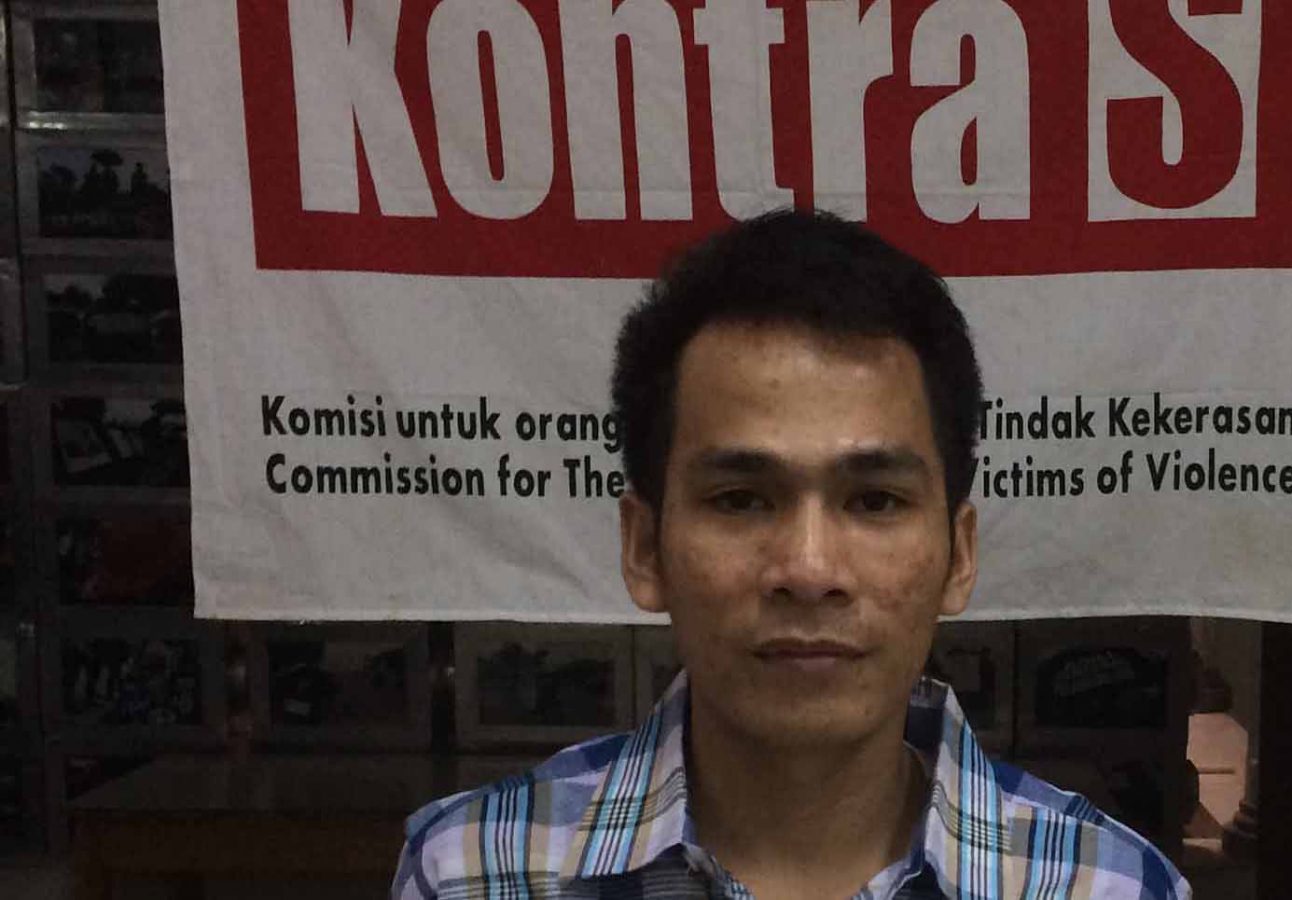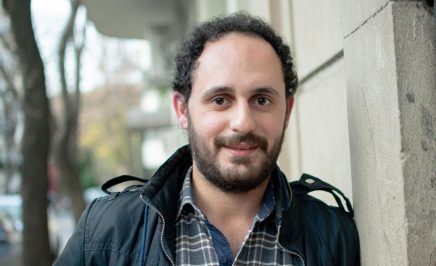In 2017 the Supreme Court of Indonesia commuted the death sentence of Yusman to five years’ imprisonment after considering a submission of his case review. Yusman Telaumbanua was released from prison on 17 August 2017.
What happened?
Yusman Telaumbanua was arrested and detained in 2012 for the murder of three men in the North Nias district, North Sumatra province.
Yusman did not have a lawyer present during his interrogation. He was unable to read or write at the time and the police interrogated him in Bahasa Indonesia, which he does not speak.
Yusman Telaumbanua claims that while in custody he was beaten on a daily basis by police officers, or by other detainees ordered to do so by the police.
Although the prosecutor sought life imprisonment, Yusman’s lawyer asked the judge to sentence him to death. Yusman was not told by his lawyers of his right to appeal his conviction or his sentence, and based on the lawyer’s request, the Court sentenced him to death.
Yusman claimed that he was born in 1993, was 16 at the time of the arrest, and should have been tried as a minor. His claim is supported by his family, neighbours in his village, as well as the village administrative apparatus. On 17 November 2015, the Ministry of Law and Human Rights requested that Yusman Telaumbanua be examined by a group of forensic radiology experts to determine his age. The experts established that Yusman Telaumbanua was under 18 years old when the crime was committed in 2012.
International law prohibits the death penalty for people who were under 18 when the crimes were committed.
Background
Amnesty International has documented systemic flaws in Indonesia’s criminal justice system and its implementation of the death penalty. These include:
- violations of the right to a fair trial
- the right not to be subjected to torture or to other cruel, inhuman or degrading treatment or punishment
- the right to apply for clemency or pardon of a death sentence
- foreign nationals or others who do not understand or speak the language used by the authorities are entitled to the assistance of an interpreter following arrest, including during questioning, and at all other stages of the proceedings.
Indonesia did not carry any executions in 2017. However, Attorney General Muhammad Prasetyo has repeatedly declared that the government has not decided to suspend the implementation of death sentences. At least 47 new death sentences were imposed in Indonesia in 2017.
How did Amnesty respond?
Amnesty International Australia took on Yusman’s case in 2016, calling for his death sentence to be commuted. In January 2017, Amnesty International, alongside other human rights organisations, wrote an open letter to Indonesian President Joko Widodo. We asked him to establish an independent, impartial investigation into the allegations of ill-treatment, and subsequently review Yusman’s death sentence.
Yusman’s case was also featured in a report Flawed Justice: Unfair Trials and the Death Penalty in Indonesia, which examined claims that his age was not adequately investigated by Indonesian authorities and concerns that his trial was in violation of international fair trial standards.
Amnesty International Indonesia met with Yusman in August 2017 and he thanked all Amnesty International members and supporters. He made a pledge to join the anti-death penalty movement in Indonesia and share his personal experiences as a prisoner on death row.
What next?
The Minister of Law and Human Rights Yasonna Laoly made a comment on the release of Yusman saying that Indonesia’s judicial system is not perfect and called on the Supreme Court to review similar cases.
Indonesia should follow this path and ensure that the trial of all those sentenced to death complies with international fair trial standards. The Indonesian authorities should establish an independent body to review all death sentences and where international fair trial standards were not followed, offer a retrial which does not resort to the death penalty.





